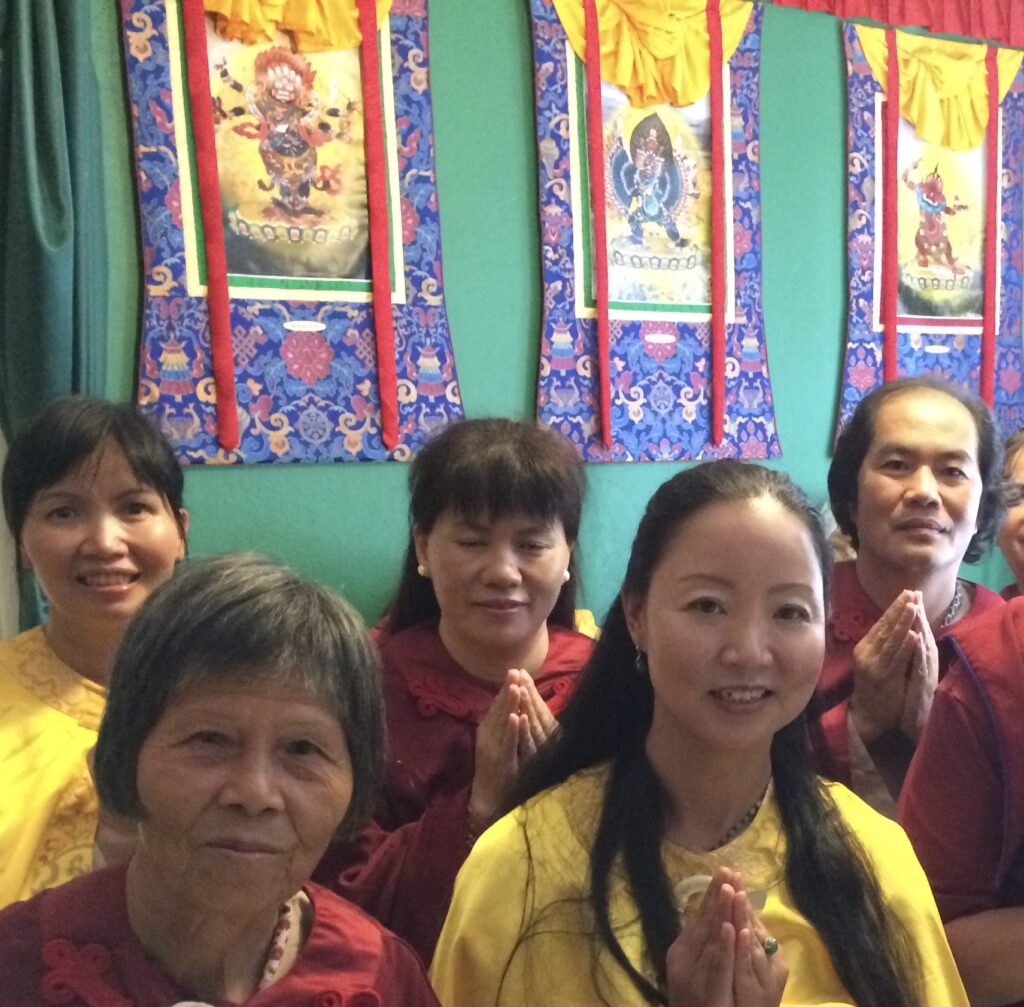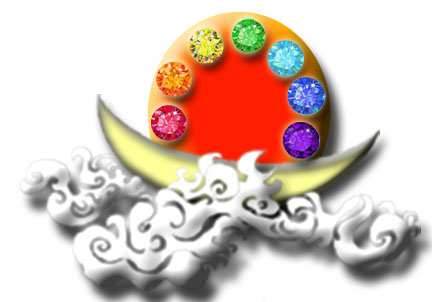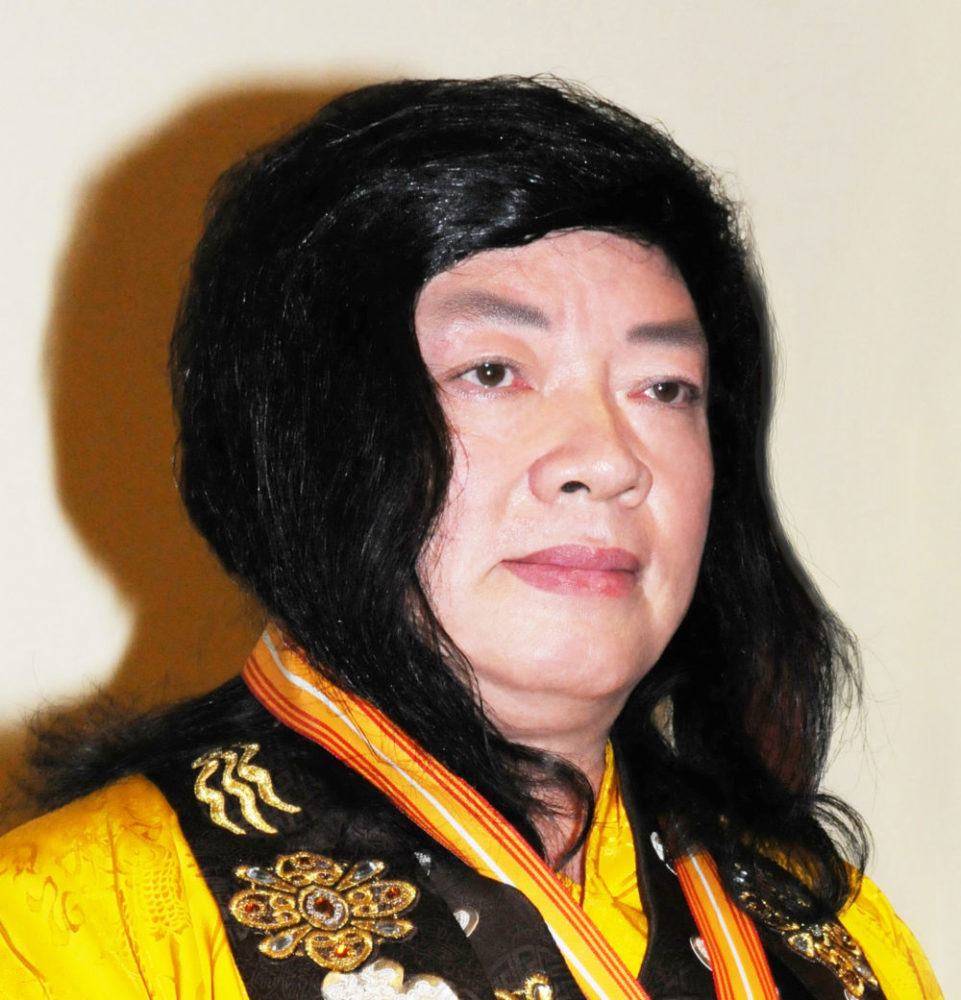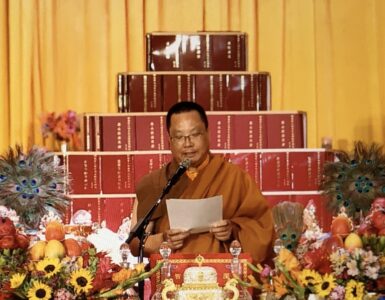
The following is a proposal as to how you could be a participant or auditor (observer) in the Seven-Dharmas System for ZOOM (SDSZ). PLEASE read the BACKGROUND and PURPOSE OF DEBATE articles first. I am sure we will modify and improve on this as we do it. I am asking for some basic protocols as starters for those who wish to participate:
PROTOCOLS-Basic rules
- Anyone wanting to participate in SDSZ experiment needs to declare their willingness to do so. You will not be drafted. This is optional. Over half of those present at last Sunday’s class volunteered. That seems like a good start. I think we will need to limit the number of participants to 10-12 and we currently have 11 volunteers. I’m not sure how we will manage this, maybe a simple first come-first served basis with rotating slots so everyone who wants to participate can. Let’s hope we have this problem and solve it when and if it happens.
- You must be able and willing to leave your video on to participate so that the other participants can see you and have your correct name showing on your screen. You can use whatever name you want, but you need a consistent name so your fellow participants can get to know you. This is not necessary to audit the course, phone numbers, etc. ok, but no avatars or name-only for those who will be debaters. Of course avatars are ok for bathroom breaks. There is a provision on ZOOM to indicate that you are temporarily out of range.
- If there are two people using the same screen, you should have both names on screen and identify which one is talking
- You will need to do some “homework”, reading texts before class and preparing questions for the debates. The last or seventh “DHARMA” will be optional, for now at least.
- NEW: We will self-police how we ask and answer questions: No one will be allowed to ask or answer more than one question until everyone participating in the debate has had a chance to do so. They will be given a chance to ask a second question, if time permits.
- NEW: The moderator (Zhaxi Zhuoma) will send out a list of the names of those who signed up initially to participate in the debates and see if they still want to participate. The order in which they ask their questions will be based on the sequence of when they respond to the moderator. Any additional people who want to participate will be added to a “stand-by” list to be considered after and if the initial list have finished their participation.
- Remember we are experimenting, so let’s make our rules as we progress.
SEVEN-DHARMAS for ZOOM
- Read the text to be discussed before the first class to get the basic concepts.
- Listen to the same text at the first class to see what you missed the first time, ask questions and discuss text, and listen to the questions raised by fellow students. You should know the names of the people asking the questions and what questions were raised. This is to build your skills in listening to others and to better know how to “debate” with them. Additional material may also be presented at first class to explain new concepts and principles, as appropriate.
- For the next class, you need to have several questions to ask in the “debate”. Your questions may be based on items you think you understand or on items you do not know the answer to. You will need at least three questions and you need to pick who you want to ask the question of. You will probably need alternates in case your debater has already been engaged or does not attend that class. I will serve as moderator and try and make sure that every presenter gets to ask at least one question and has to answer at least one. We will keep a running list of questions that we cannot answer. I am sure that we will have some.
- You need to review the text and your notes from the discussion to make sure you can anticipate what questions others may ask and how you will answer. We will not keep score on who can and cannot answer, so do not be afraid of not knowing something. That can be a way for all of us to learn, OK?
- Determine what the principles or concepts you have learned from this class and how you will apply them to your practice and daily life.
- I will ask each participant to answer #5. Auditors will also be given the opportunity to answer this as well. This will usually require a third class on any given text. This was one of the best part of the seminars we did when we did this at the temple. I believe this was true for our ZOOM version as well.
- If we were able to follow all the steps of the Buddha Master’s teaching, you would write up what you have learned both in terms of the Buddhist principles and concepts and how you have applied what you have learned to your life and give that as a talk at your dharma center or to someone else. You are not “Teaching” Buddha-dharma, which we cannot do until we have our three gold buttons, but you can certainly share your own experiences with the dharma which is the idea here–to be able to propagate these teachings to others. For now, I do not see us doing this as part of our Lemonade Sangha classes, but we will see what happens.





Thank you for these debates , shares
And insights for all of us involved . Thank you to the students of this sangha . Each vulnerability and personal
Share gives faith a boost in our continued work from his holiness Dorje
Chang 111. The true Dharma in these
Days .